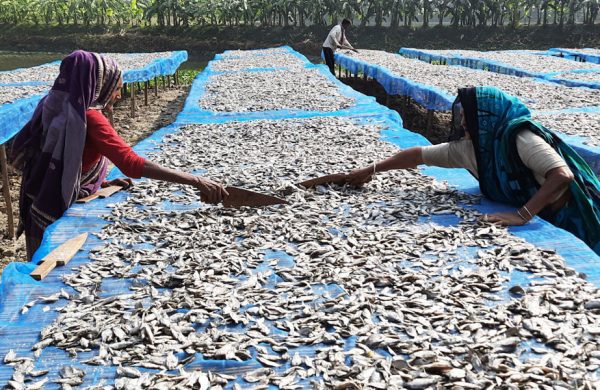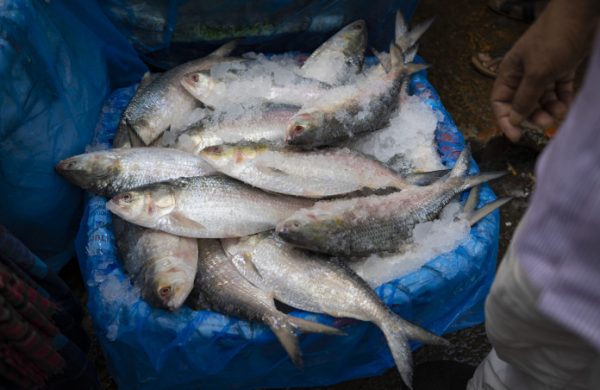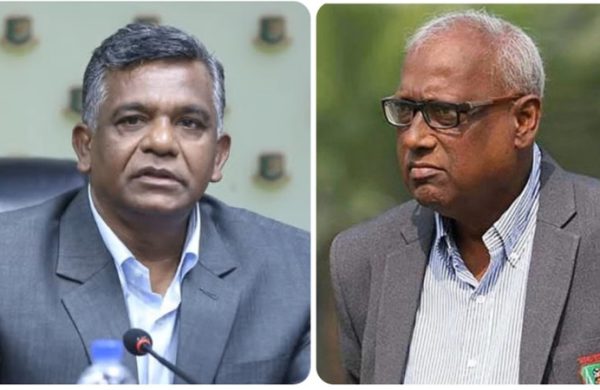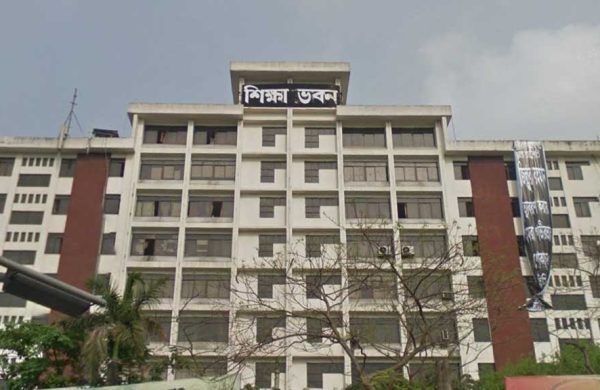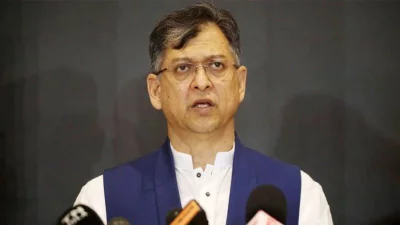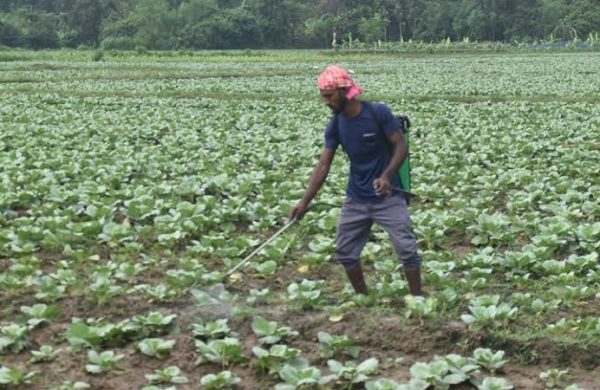Farmers suffer losses as govt didn’t buy potato despite pledge
- Update Time : Monday, October 6, 2025
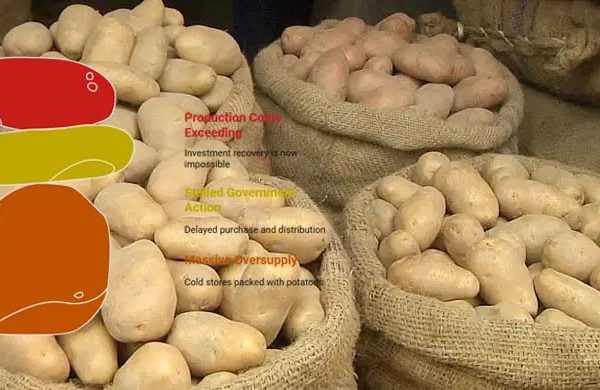
Staff Correspondent:
Despite a high-profile government pledge to stabilise the market, potato growers across Bangladesh are reeling from steep losses as prices crash while officials delay action.
On August 27, the Ministry of Agriculture announced a support scheme to purchase 50,000 tonnes of potatoes and set a minimum price of Tk 22 per kg at gates of cold storages to shield farmers from financial ruin. Yet weeks later, not a single tonne has been bought.
THE RESULT? A MARKET IN FREEFALL
Wholesale prices have collapsed to just Tk 11-12 per kg, less than half the government’s promised floor price.
Retailers are selling at around Tk 20 per kg, down from Tk 25 a month ago and a staggering 61% lower than the Tk 50-60 fetched at the same time last year, according to the Trading Corporation of Bangladesh (TCB) and local traders.
At Karwan Bazar in Dhaka, the story is the same. “There’s a massive oversupply,” said Obaidul Haque, a wholesale trader. “Cold stores are still packed with last season’s stock, far more than demand can absorb. That’s why prices keep falling.”
And the surplus is real. The Bangladesh Bureau of Statistics reports a record 1.15 million tonnes harvested last season. But with national demand at 9 million tonnes, much of the crop remains unsold—especially as 1.2 million tonnes still sit in cold storage, according to Mustafa Azad Chowdhury Babu, President of the Bangladesh Cold Storage Association.
“Farmers are selling potatoes from cold stores at Tk 10-12 per kg, half the government’s declared price,” he said. “We have just two and a half months before the stock spoils. Every day of delay costs them more.”
THE GOVERNMENT’S PLAN WAS CLEAR: buy surplus potatoes and distribute them through TCB to stabilise prices. But execution has stalled.
When pressed, TCB Chairman Brigadier General Mohammad Faisal Azad offered only a vague timeline: “The government will start buying potatoes from the end of this month.”
For growers already deep in the red, that promise rings hollow. With production costs far exceeding current market rates, many fear they won’t recover their investment, let alone turn a profit.
As cold stores overflow and prices nosedive, one question lingers: will the government act before it’s too late for the farmers who fed the nation?


